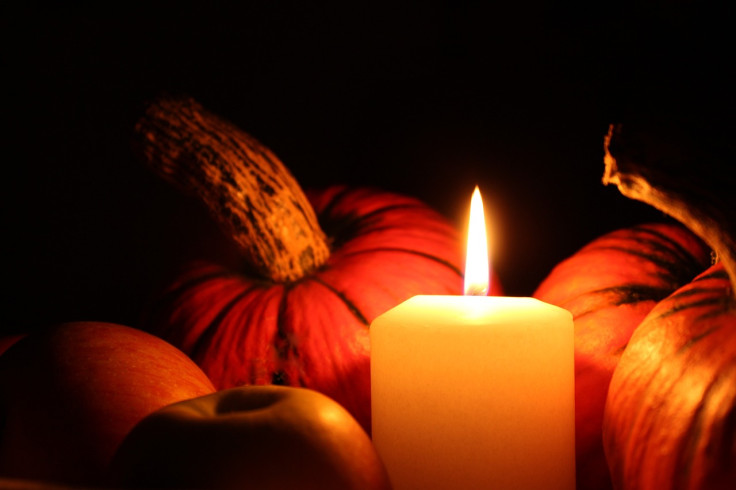National Day Of Mourning: Significance Of The Observance
National Day of Mourning, observed on the fourth Thursday of November every year, recognizes the perspectives of Native Americans and the struggles they continue to experience today.
Thanksgiving is undeniably a popular holiday in the U.S. that's associated with traditions and gatherings for many families. However, for Native Americans whose ancestors suffered from the events that followed the arrival of the settlers, the fourth Thursday of November is a day of mourning rather than a day for thanksgiving.
"Thanksgiving Day is a reminder of the genocide of millions of Native people, the theft of Native lands and the erasure of Native cultures," said the United American Indians of New England (UAINE). "Participants in National Day of Mourning honor Indigenous ancestors and Native resilience."
Furthermore, it is also a day that highlights the sufferings, oppression and racism that indigenous people across the world continue to experience today.
The aim of the day is to educate people about the truths behind the Thanksgiving holiday and to honor the experiences of Native Americans, then and now.
A march is held to observe National Day of Mourning every year since 1970. And this year, on its 53rd observation, a similar protest rally will be held at Cole's Hill in Plymouth, Massachusetts, at 12 p.m. ET Thursday.
"Join us as we continue to create a true awareness of Native peoples and history," noted UAINE. The event will also be live streamed on YouTube.
#Thanksgiving should be a day of remembrance and reflection on the history of the genocide, violent assimilation, and marginalization of #NativePeoples throughout US history.
— Cultural Survival (@CSORG) November 23, 2022
Join @mahtowin1 tomorrow in Plymouth, MA, or watch the live stream on Youtube https://t.co/pGSVrsaBXL
People can observe the day by educating themselves about the history of the holiday, and the sufferings Native Americans experienced then and, unfortunately, continue to experience even today.
You can take the time to ponder on the significance of this day from the perspective of Native Americans or use it as an opportunity to learn more about the richness and diversity of the Native American culture.
"We are mourning our ancestors and the genocide of our peoples and the theft of our lands," the organization noted. "NDOM is a day when we mourn, but we also feel our strength in action."

© Copyright IBTimes 2024. All rights reserved.






















